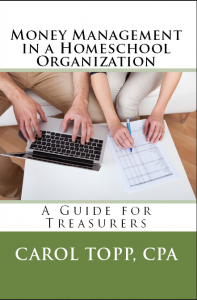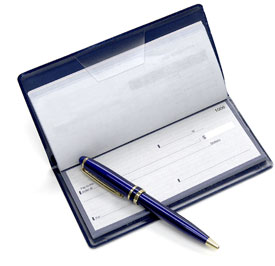Blue Avocado asked CPA Carl Ho, who works with dozens of small nonprofits, what would be the five most important, most do-able controls for small groups:
Hint: When CPAs talk about “controls”, we mean the practices and policies that will help your organization avoid fraud and catch mistakes.
1. The first and most important consideration is to set the control environment, that is, to let everyone know, from the top down, that there are policies in place and everyone has to follow the policies. In so many organizations the top person makes exceptions for himself or herself about policies, which sets a sloppy or even unethical tone. Then other people don’t think they have to follow procedures, either, and they start cutting corners. Emphasize the importance of ethics and controls at staff meetings, and demonstrate that everyone follows the rules, all the time.
2. Define clearly who is responsible for what. It’s very common in small organizations, where not as much needs to be written down, for people to say, “I thought she was going to check the invoice.” For example, with invoices: who is responsible for checking the math? Who is responsible for approving the invoice to be paid?
3. Physical controls. Lock it up. Computers should be locked to desks, and they should be protected with passwords. Put checks in a locked drawer. Among other abuses, there are too many cases where someone comes in and takes checks from the middle of the checkbook.
4. If there’s cash involved — such as at a fundraiser or box office at a performance — have two people count all the cash together.
5. Reconciling the bank statement is a very crucial step. It’s very unlikely that someone is going to steal from you and run away forever. Reconciling the bank statement means that embezzlement can’t go on for very long.
Ideally someone other than the bookkeeper (or whoever handles the money) reconciles the bank account from an unopened statement. That’s a strong check on the person who handles the money. But in a small nonprofit there may not be a bookkeeper, and there may be only one person who does everything. In these instances someone else, such as a board member, should receive the unopened bank statement, and look it over before giving it to the bookkeeper or the sole staff person.
 Want some advice specific to homeschool groups?
Want some advice specific to homeschool groups?
You can find it in my new book, Money Management in a Homeschool Organization.
I devote a chapter to the practices that will help homeschool groups prevent fraud and catch mistakes (what we accountants call internal controls)
Carol Topp, CPA

